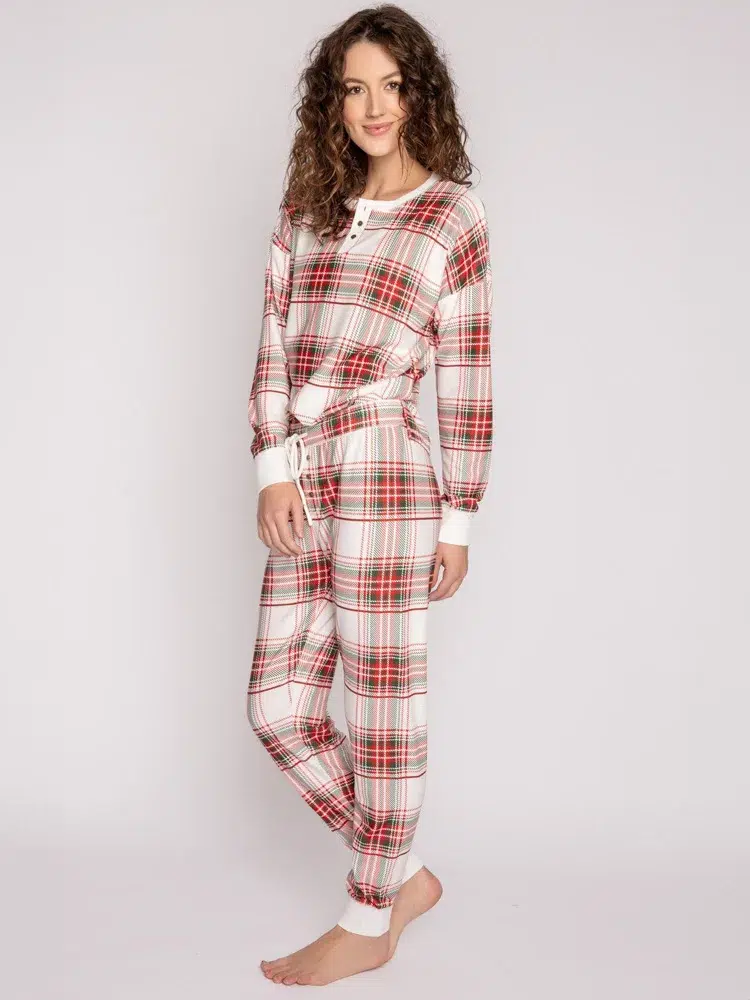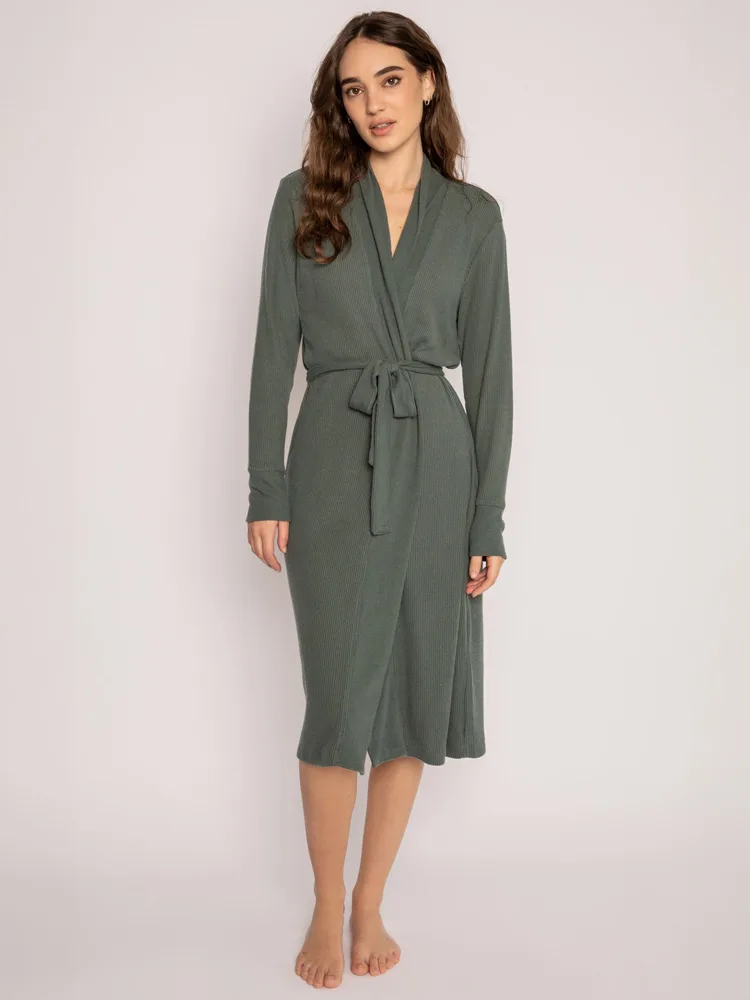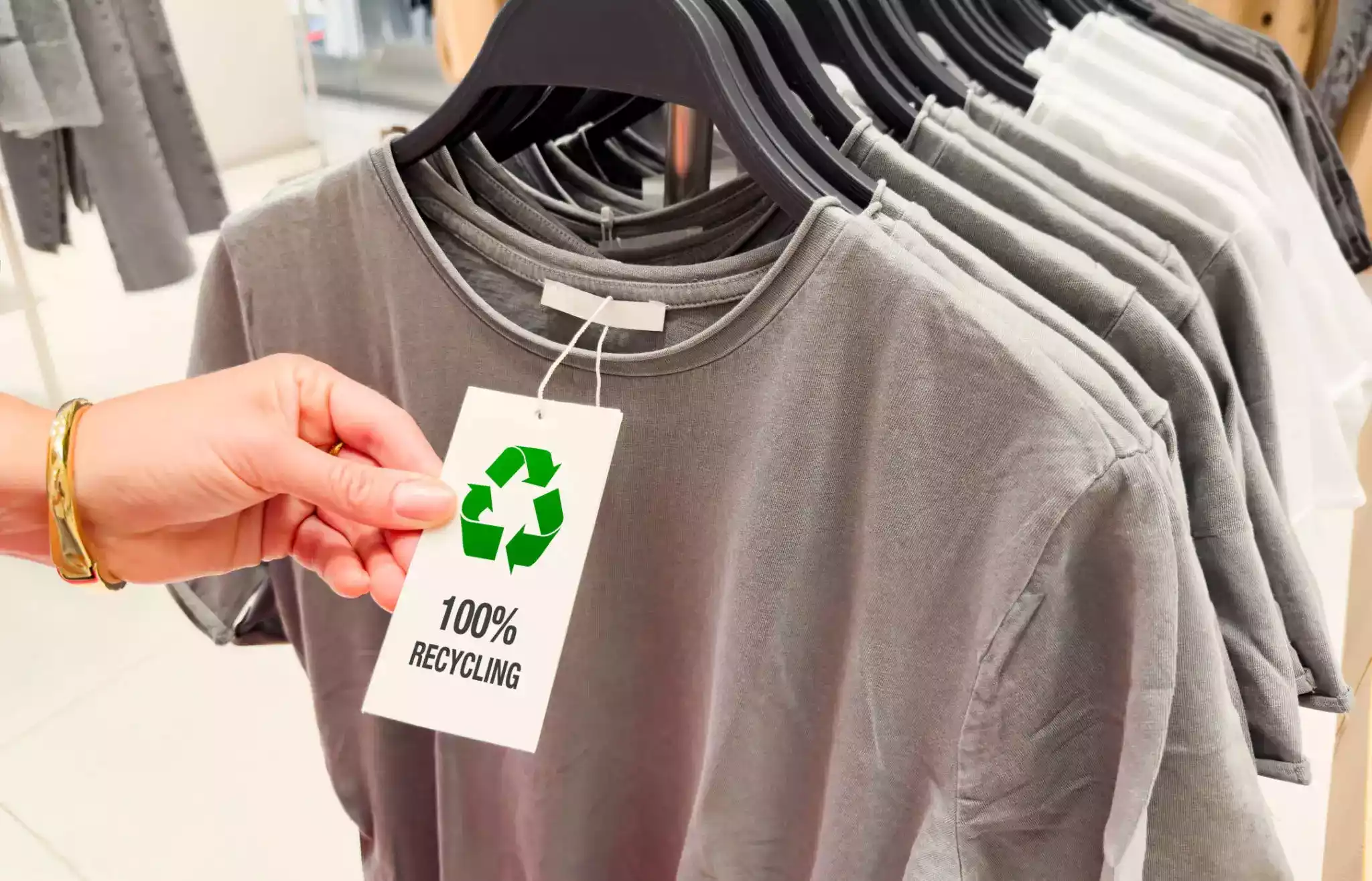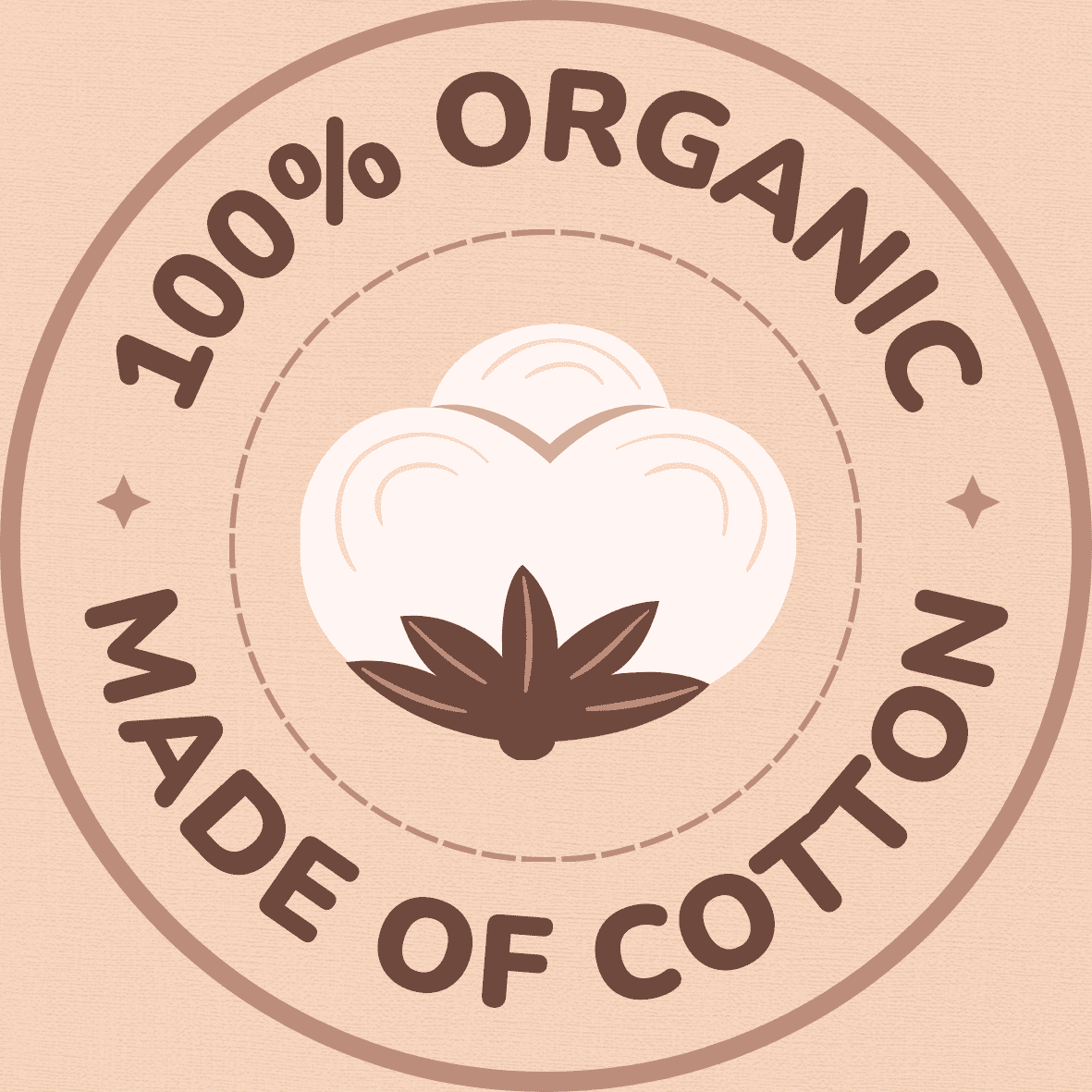Discover top clothing manufacturing companies that lead the industry with their expertise and commitment to quality. Elevate your brand with the best in the business.
The Rise of Sustainable Clothing Manufacturing Companies: Exploring the Ethical Fashion Movement
In recent years, the fashion industry has witnessed a significant shift towards sustainability and ethical practices. This has led to the rise of sustainable clothing manufacturing companies that are committed to producing garments in an environmentally and socially responsible manner. These companies, both in the UK and the USA, have emerged as leaders in the industry, setting an example for others to follow. By prioritizing sustainability throughout the entire supply chain, from sourcing materials to manufacturing processes, these clothing manufacturing companies are making a profound impact on the fashion industry.
UK clothing manufacturing companies, such as Komodo and Stripeandstare, have been at the forefront of the ethical fashion movement. These companies understand the importance of taking responsibility for the environmental and social impact of their operations. They have implemented innovative practices, like using recycled materials and employing fair labor standards, to ensure that their clothing is both sustainable and ethical. Similarly, in the USA, clothing manufacturing companies like Printfresh and Eberjey have been pioneers in the industry, driving change through their commitment to sustainable manufacturing practices. These companies have embraced eco-friendly technologies and implemented strict environmental standards to minimize their carbon footprint and promote a greener future for fashion.
Innovations in Clothing Manufacturing: Spotlight on Technological Advancements

As the fashion industry continues to evolve, clothing manufacturing companies near me, such as those in South Africa and Canada, are at the forefront of adopting technological advancements to streamline their processes and improve efficiency. These companies recognize the need to stay competitive in a rapidly changing market and are investing in innovative technologies that revolutionize the way garments are produced.
One key technological advancement is the implementation of automated machinery and robotics. This allows clothing manufacturers to increase production speed and accuracy while reducing human error. From cutting and sewing to finishing and packaging, these automated systems are able to perform repetitive tasks with precision, resulting in higher quality garments and faster turnaround times. Additionally, these technologies also have the potential to reduce the reliance on manual labor, creating opportunities for increased sustainability and the improvement of working conditions for employees within the industry.
Transparency in the Fashion Industry: Unveiling the Manufacturing Practices of Top Clothing Brands
Clothing manufacturing companies play a pivotal role in the global fashion industry. With consumers becoming more conscious of the ethical and environmental implications of their purchasing decisions, transparency has become a key factor in determining the success of a brand. Top clothing manufacturing companies, whether located in Cape Town, Italy, or anywhere else in the world, are increasingly opening up their doors to showcase their manufacturing practices.
For instance, in Cape Town, South Africa, clothing manufacturing companies are embracing transparency by providing behind-the-scenes tours of their facilities. These tours allow consumers to witness firsthand the intricate process of creating garments, from fabric selection to final production. Similarly, some of the top clothing manufacturing companies in the world, including those in Italy, are implementing stringent standards to ensure transparency and ethical manufacturing practices. By adhering to these standards, brands are able to build trust with their customers and demonstrate their commitment to responsible production.
From Design to Production: Understanding the Manufacturing Process in the Fashion Industry
The process of taking a clothing design from concept to production is a crucial step in the fashion industry. One of the key players in this process is the clothing manufacturer. These companies play a pivotal role in bringing the designer’s vision to life by transforming sketches and patterns into actual garments. In recent years, Dubai has emerged as a hub for clothing manufacturing companies, attracting both local and international designers. One such company is pjgarment.com, known for its expertise in producing high-quality garments with exceptional craftsmanship.
The manufacturing process starts with the clothing manufacturer receiving the design specifications and fabric samples from the designer. The manufacturer then works closely with skilled pattern makers, cutting technicians, and seamstresses to create a prototype of the garment. This stage often involves multiple iterations and adjustments to ensure that the final product meets the designer’s vision and quality standards. Once the prototype is approved, the clothing manufacturer proceeds with large-scale production, utilizing their state-of-the-art machinery and skilled workforce to bring the design to a wider market. Through their efficient and meticulous approach, companies like pjgarment.com continue to contribute to the growth and success of the fashion industry in Dubai and beyond.
Behind the Scenes: Touring the Facilities of Leading Clothing Manufacturing Companies
As the demand for sustainable and ethically produced clothing has increased, more and more fashion enthusiasts are becoming curious about the inner workings of leading clothing manufacturing companies. Whether it’s a large clothing manufacturer in China or a smaller custom clothing manufacturer, industry insiders are eager to gain insight into the processes and practices that make these companies successful. One such company that has caught the attention of fashion enthusiasts worldwide is an American clothing company known for its commitment to transparency and social responsibility. A tour of their facilities unveils a well-organized production line, where skilled artisans and advanced machinery work hand in hand to bring high-quality garments to life.
During the guided tour, it becomes evident that this clothing manufacturer in China is dedicated to maintaining the highest ethical standards. From the sourcing of sustainable materials to the fair treatment of workers, every aspect of the production process is carefully monitored to ensure environmental consciousness and human rights are upheld. Visitors have the opportunity to witness firsthand the meticulous attention to detail that goes into each garment, as well as the company’s commitment to quality control. This commitment is further exemplified in their collaboration with local artisans and craftsmen, who bring their expertise to the table in creating unique and innovative designs. As the tour comes to an end, visitors leave with a newfound appreciation for the behind-the-scenes efforts that go into making fashion more sustainable and socially responsible.
Fashion Forward: How Clothing Manufacturers Stay Ahead of the Trends
In the competitive world of fashion, staying ahead of the trends is crucial for clothing manufacturers. From the clothing factory in the USA to custom clothing manufacturers for small orders, companies are constantly striving to anticipate and meet the ever-evolving demands of consumers. By closely monitoring market trends and consumer preferences, these manufacturers are able to proactively develop and produce garments that align with the latest fashion movements.
One way clothing manufacturers stay ahead of the trends is through collaborations with designers and fashion influencers. By partnering with creative minds in the industry, manufacturers are able to tap into their expertise and gain insight into upcoming trends. This allows them to adapt their production processes and create garments that are not only fashionable but also resonate with their target audience. Through these collaborations, clothing manufacturers are able to foster creativity and innovation, ensuring that they remain at the forefront of the fashion industry.
Quality Control in Clothing Manufacturing: Ensuring Excellence in Every Garment

To ensure excellence in every garment, quality control plays a crucial role in the clothing manufacturing process. Private label clothing manufacturers in the USA, as well as wholesale clothing manufacturers in the USA, understand the importance of maintaining high standards in their production. Quality control encompasses various stages, from the sourcing of materials to the final inspection.
In the realm of clothing line development, quality control serves as a means to maintain brand reputation and customer satisfaction. Every step of the manufacturing process is closely monitored and assessed to ensure that the finished product meets the specified standards. This includes conducting rigorous checks on fabric quality, craftsmanship, stitching, durability, and overall fit. Through systematic quality control measures, clothing manufacturers strive to deliver garments that not only meet customer expectations but also exceed them, fostering brand loyalty and trust.
The Impact of Globalization on Clothing Manufacturing Companies
As the clothing manufacturing industry continues to adapt to the global economy, the impact of globalization on clothing manufacturing companies becomes increasingly evident. One significant aspect of this impact is the rise of clothing manufacturers in California. With its thriving fashion scene, California has become a hub for clothing production, attracting both emerging designers and established brands. These clothing manufacturers in California offer a range of services, from design and prototyping to full-scale production. By tapping into the state’s innovative spirit and cutting-edge technology, these manufacturers are able to meet the demands of the global market while maintaining high standards of quality and sustainability.
Another notable effect of globalization on clothing manufacturing companies is the increasing popularity of low MOQ (Minimum Order Quantity) clothing manufacturers. Traditionally, large production runs were required to make clothing manufacturing economically viable. However, with the rise of e-commerce and fast fashion, brands now seek to minimize inventory risk and respond swiftly to changing consumer trends. Low MOQ clothing manufacturers cater to this need by offering smaller production runs, allowing brands to test the market with new designs and minimize upfront costs. This trend has revolutionized the industry, fostering innovation and enabling smaller players to enter the market, further diversifying and reshaping the landscape of clothing manufacturing.
• The rise of clothing manufacturers in California has been a significant impact of globalization on the industry.
• California’s thriving fashion scene and innovative spirit attract both emerging designers and established brands.
• These manufacturers offer services ranging from design and prototyping to full-scale production.
• By utilizing cutting-edge technology, these manufacturers can meet global market demands while maintaining high standards of quality and sustainability.
• Another effect of globalization is the increasing popularity of low MOQ clothing manufacturers.
• Traditionally, large production runs were necessary for economic viability in clothing manufacturing.
• However, with e-commerce and fast fashion, brands now seek to minimize inventory risk and respond quickly to consumer trends.
• Low MOQ clothing manufacturers cater to this need by offering smaller production runs, allowing brands to test new designs and reduce upfront costs.
This trend has revolutionized the industry:
– Fostering innovation
– Allowing smaller players to enter the market
– Diversifying and reshaping the landscape of clothing manufacturing.
Collaborations and Partnerships: How Clothing Manufacturers Foster Creativity and Innovation
In the fast-paced and ever-evolving fashion industry, collaborations and partnerships have become integral to the success of clothing manufacturers. By joining forces with other brands, designers, and creative individuals, clothing manufacturers are able to foster creativity and innovation in their collections. These collaborations allow for a harmonious blend of unique perspectives and expertise, resulting in the creation of groundbreaking designs and cutting-edge techniques.
One way clothing manufacturers foster creativity and innovation through collaborations is by partnering with established designers. These partnerships allow manufacturers to tap into the vast knowledge and experience of renowned designers, who bring their distinct artistic vision to the table. By combining the manufacturing capabilities of clothing companies with the artistic talent of designers, new and exciting collections that push boundaries and challenge traditional norms are born. Furthermore, collaborations with designers often result in limited edition or exclusive collections, which not only generate hype and excitement among consumers but also showcase the creativity and innovation of the manufacturers.
The Future of Clothing Manufacturing: Exploring the Role of Artificial Intelligence and Automation
Artificial intelligence (AI) and automation have become integral components of various industries, including clothing manufacturing. This technological advancement is expected to revolutionize the fashion industry, making the production process more efficient, cost-effective, and environmentally friendly. AI algorithms can analyze consumer data to predict trends, enabling manufacturers to streamline their designs and produce garments that are more likely to resonate with consumers. Additionally, automation can greatly reduce the time and labor required for tasks such as pattern cutting, fabric cutting, and sewing, which traditionally consume a significant amount of resources.
The integration of AI and automation in clothing manufacturing also holds the potential to enhance supply chain management. Smart machines can monitor inventory levels, automatically place orders for raw materials, and optimize production schedules, leading to reduced waste and improved overall efficiency. Moreover, AI-powered quality control systems can detect flaws in garments through image recognition technology, reducing the need for manual inspection and ensuring that only high-quality products reach the market. As the fashion industry continues to embrace AI and automation, it is evident that these technologies will play a crucial role in shaping the future of clothing manufacturing.
FAQs
What is the role of artificial intelligence (AI) in clothing manufacturing?
Artificial intelligence plays a significant role in clothing manufacturing by automating various tasks, such as fabric cutting, pattern making, and quality control. It increases efficiency, reduces costs, and improves overall production processes.
How does automation contribute to the future of clothing manufacturing?
Automation revolutionizes the future of clothing manufacturing by streamlining production processes, reducing human errors, and increasing productivity. It allows for faster turnaround times, customization options, and scalability in the industry.
What is the ethical fashion movement and how does it relate to clothing manufacturing?
The ethical fashion movement focuses on promoting sustainable and ethical practices in the fashion industry. It relates to clothing manufacturing by encouraging companies to adopt environmentally friendly materials, fair trade practices, and safe working conditions for garment workers.
How do clothing manufacturers ensure transparency in their manufacturing practices?
Clothing manufacturers ensure transparency in their manufacturing practices by disclosing information about their supply chains, production processes, and labor standards. This helps consumers make informed decisions about the brands they support.
What is the typical manufacturing process in the fashion industry?
The manufacturing process in the fashion industry typically involves several stages, starting from design conception, pattern making, fabric sourcing, cutting, sewing, and quality control. Each stage requires careful coordination and attention to detail.
Can consumers visit the facilities of clothing manufacturing companies?
Some clothing manufacturing companies offer tours of their facilities to provide transparency and allow consumers to see their production processes first-hand. However, availability may vary and may require prior arrangement.
How do clothing manufacturers stay ahead of the latest fashion trends?
Clothing manufacturers stay ahead of fashion trends by conducting market research, collaborating with designers and trend forecasters, attending fashion events, and closely monitoring consumer preferences. This helps them anticipate and meet the demands of the market.
How do clothing manufacturers ensure excellence in every garment through quality control?
Clothing manufacturers employ rigorous quality control measures, including inspections at various stages of production, testing for durability and fit, and adherence to industry standards. This ensures that only high-quality garments reach the market.
What impact has globalization had on clothing manufacturing companies?
Globalization has had a significant impact on clothing manufacturing companies. It has opened up opportunities for outsourcing production to countries with lower labor costs, increased competition, and created a more interconnected supply chain across borders.
How do clothing manufacturers foster creativity and innovation through collaborations and partnerships?
Clothing manufacturers foster creativity and innovation by collaborating with designers, fashion schools, technology companies, and other industry stakeholders. These partnerships often lead to new ideas, techniques, and materials that drive the industry forward.




